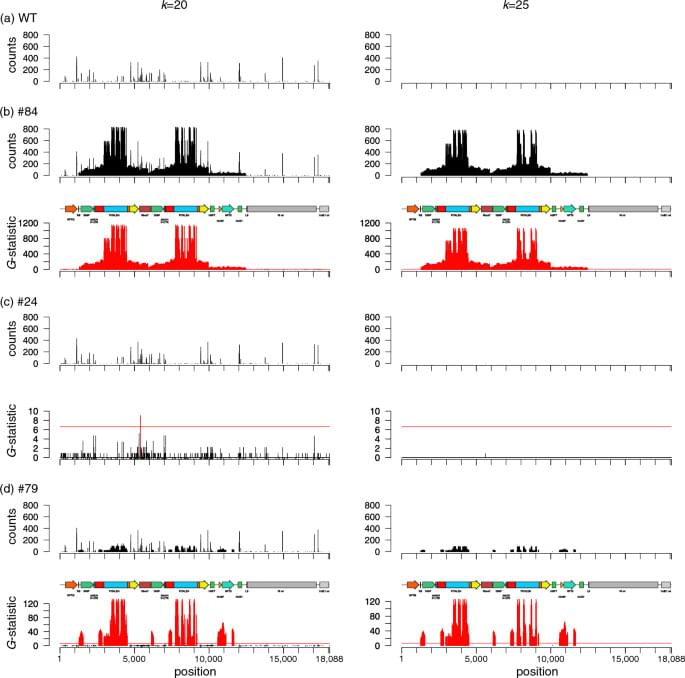Genome editing is a powerful breeding technique that introduces mutations into specific gene sequences in genomes. For genome editing in higher plants, nucleotides for artificial nuclease (e.g. TALEN or CRISPR-Cas9) are transiently or stably introduced into the plant cells. After the introduction of mutations by artificial nucleases, it is necessary to select lines that do not contain the foreign nucleotides to overcome GMO regulation; however, there is still no widely legally authorized and approved method for detecting foreign genes in genome-edited crops. Recently, k-mer analysis based on next-generation sequencing (NGS) was proposed as a new method for detecting foreign DNA in genome-edited agricultural products. Compared to conventional methods, such as PCR and Southern hybridization, in principle, this method can detect short DNA fragments with high accuracy.
